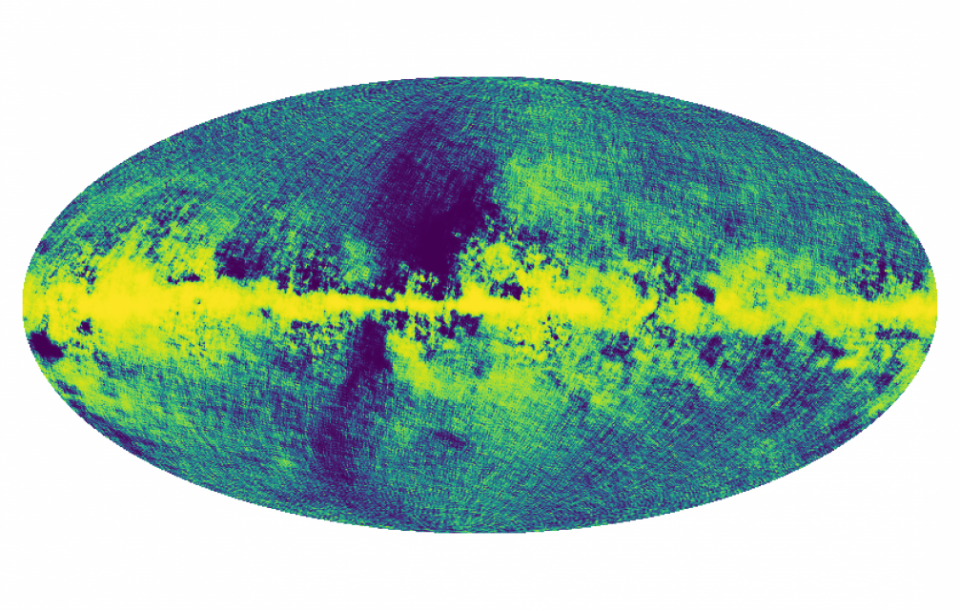Denys Wilkinson Building, Department of Physics, University of Oxford, Keble Road, Oxford OX1 3RH
Johannes Noller (Portsmouth)
Abstract:
With the advent of observational gravitational wave science we now have access to a new probe of the Universe. Using this new tool and in particular gravitational waves at different frequencies, we are in effect scanning the Universe at different distance and energy scales in a qualitatively new way. Focusing on the speed of gravitational waves as a guiding observable, in this talk I will discuss how we can put together information from observational and theoretical constraints for different frequencies to gain new insights into the underlying physics. More specifically, this will involve discussing constraints (and forecasts) for LIGO-Virgo-Kagra and LISA, from binary pulsars, from large scale structure surveys, as well as theoretical constraints on gravitational interactions using tools traditionally at home in particle theory.

